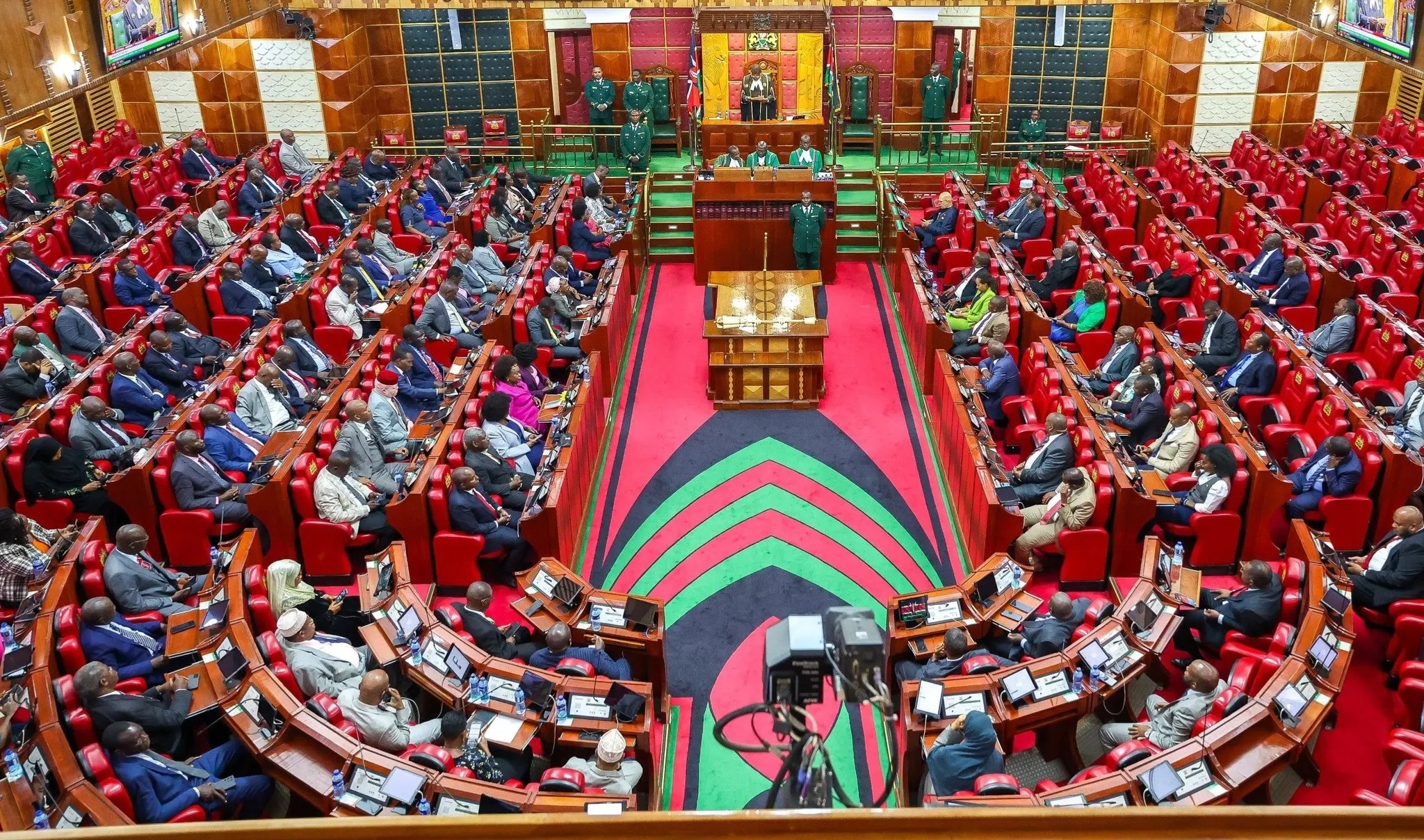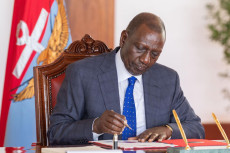- An overwhelming 304 Members of Parliament voted in favour of the bill in a rare show of cross-party unity.
- The court’s ruling allows Parliament to debate and pass the bill, but it cannot become law until the legal challenge is resolved.
The National Assembly on Tuesday, June 1, 2025, passed the Constitution of Kenya (Amendment) Bill, 2025 (National Assembly Bill No. 4 of 2025), seeking to entrench the National Government Constituencies Development Fund (NG-CDF), the Senate Oversight Fund, and the National Government Affirmative Action Fund (NG-AAF) into the Constitution.
An overwhelming 304 Members of Parliament voted in favour of the bill in a rare show of cross-party unity. Some MPs were even reported to have cast their votes from hospital beds, signalling the political weight and urgency attached to the legislation.
Kikuyu MP and National Assembly Majority Leader Kimani Ichung’wah hailed the bill’s passage, describing NG-CDF as “the most impactful fund Kenya has ever had.” Minority Leader Junet Mohamed echoed similar sentiments, urging the Senate to uphold the will of the people and support the bill as it proceeds to the Upper House for consideration.
Despite the celebratory mood in Parliament, the bill faces a significant legal roadblock. On May 22, 2025, a High Court issued conservatory orders barring the National Assembly from forwarding the bill to President William Ruto for assent.
The orders were granted pending the hearing and determination of a constitutional petition challenging the legality of the proposed amendments.
Read More
The petitioners argue that the bill, which aims to elevate the NG-CDF and similar funds from statutory to constitutional status, raises critical concerns over transparency, public participation, and the separation of powers between national and devolved governments.
The court’s ruling allows Parliament to debate and pass the bill, but it cannot become law until the legal challenge is resolved. The case underscores the delicate balance between legislative initiative and constitutional integrity, especially when it involves the distribution of public funds and the reconfiguration of institutional roles.
Currently, the NG-CDF, Senate Oversight Fund, and NGAAF are operational through ordinary legislation. Entrenching them in the Constitution would offer greater legal protection but could also restrict future reforms or judicial oversight.
The Senate is expected to begin its deliberations on the bill in the coming weeks, even as the judiciary continues to weigh its constitutional validity. The outcome of both processes will significantly shape the future architecture of Kenya’s public finance management and intergovernmental relations.






-1771508867-md.jpg)





-1771508867-sm.jpg)